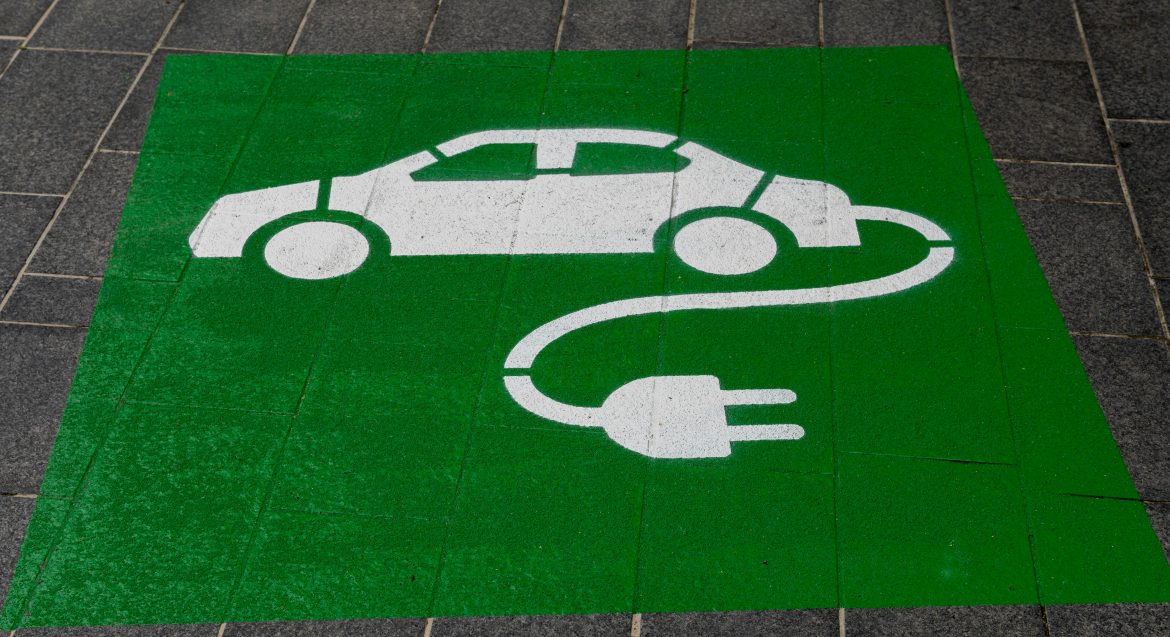The European Commission’s anticipated increase in tariffs on Chinese electric vehicles (EVs) is expected to initiate a series of negotiations that Chinese executives hope will mitigate the impact on the world’s largest EV industry. The provisional tariffs, set to be announced by June 5, could impose billions of dollars in new costs for Chinese EV manufacturers.
Both Europe and China have compelling reasons to seek a compromise. China’s EV sector relies on profitable exports to the European Union, the world’s third-largest economy, to offset declining margins domestically. Meanwhile, German automakers seek access to China’s auto market and EV partnerships to reduce costs.
An additional 10% tariff on top of the current 10% levy would cost Chinese EV exporters approximately USD 1 billion, based on 2023 trade data. This expense is expected to increase as Chinese EV exports to Europe grow this year.
A trade group representing Chinese automakers criticised the investigation that led to the tariffs, claiming it was flawed and demanded information that was impossible to provide, including details about suppliers like CATL, who were not part of the investigation. CATL did not respond to requests for comment. In a statement to Reuters, the trade group indicated a potential for negotiations, saying, “The ball may be on the European side.”
Analysts anticipate that both parties will seek a deal. “I expect the Chinese side to, and we’re already seeing this, use a combination of carrots and sticks to convince some key member states to push back against the Commission,” said Noah Barkin, a senior adviser at the Rhodium Group.
The European decision follows the United States’ move to quadruple tariffs on Chinese EVs to 100%—a decision criticised by Tesla’s Elon Musk, who had previously warned that Chinese automakers were poised to “demolish most other car companies.” Tesla, the largest EV exporter from China, also faces the threat of increased EU tariffs.



